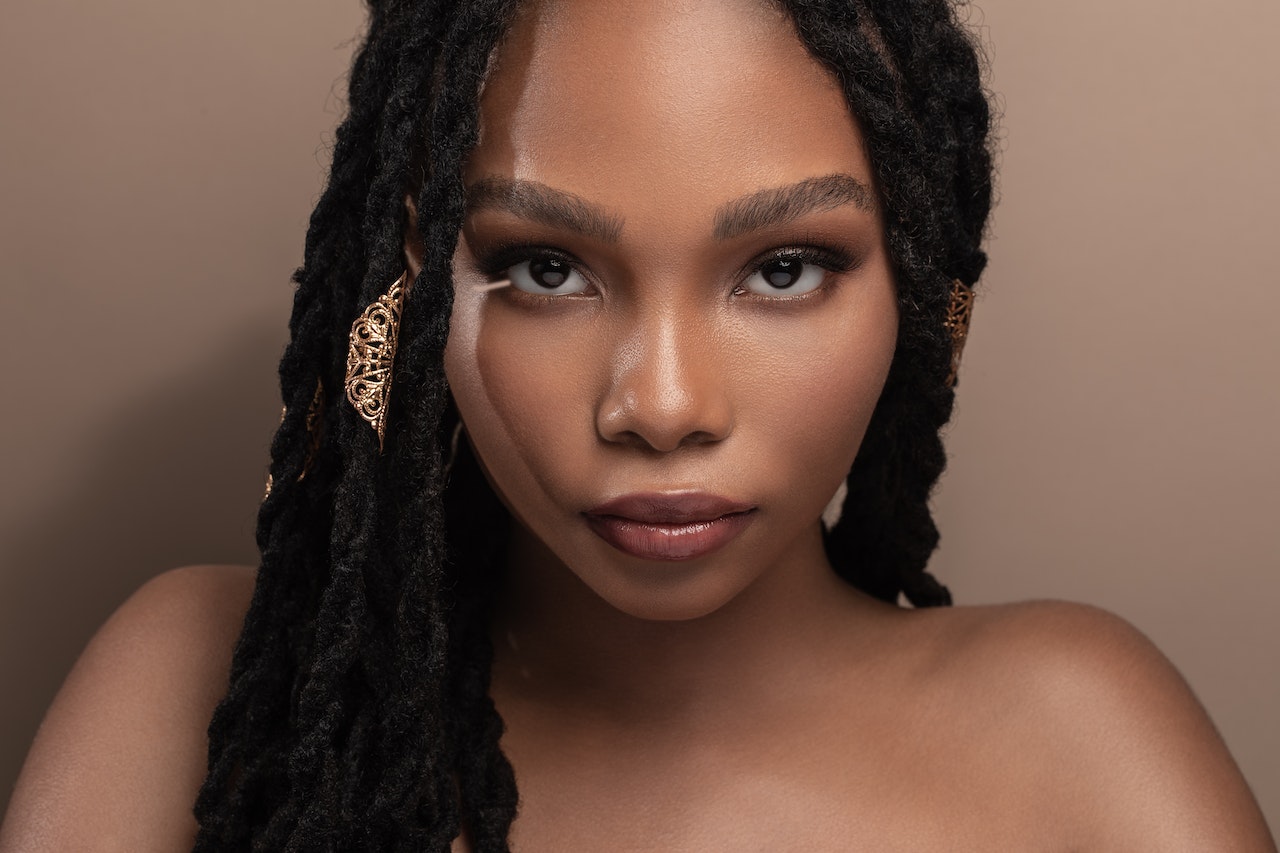There has been a steady increase in discourse around the phenomenon of “pretty privilege” over the past five to seven years. Even if you haven’t heard of it, you have no doubt witnessed it. Simply put, pretty privilege is the idea that those who are considered more conventionally attractive have it easier than those considered unattractive.
While this understanding is not explicitly incorrect, there are many more nuanced layers to uncover, as this concept is more than just a skin-deep issue and can lead to those considered unattractive being marginalized. Additionally, while being pretty has advantages, it also has negative implications for women and especially black individuals and people of color (BIPOC).
What Is Pretty Privilege?
Pretty privilege refers to the societal advantage or preferential treatment that individuals who are perceived as conventionally attractive receive. This concept suggests that attractive people might experience certain benefits, such as being more likely to receive positive attention or opportunities in social, professional and personal situations compared to those who are perceived as less attractive. And unfortunately, it gets even deeper.
The Halo Effect
Dr. Mark Travers, a psychologist, explains, “A 2021 study examined the stereotype that ‘beauty is good’ and found that attractive individuals were perceived to have more moral traits than unattractive individuals. Research also shows that attractive individuals are considered more trustworthy than others.” This is also described as the “halo effect.”
The halo effect is a cognitive bias where the overall impression of a person influences how people perceive them. It’s a tendency for an initial positive impression of their appearance (the “halo”) to create a favorable perception of that individual’s character, abilities or other qualities, regardless of evidence proving it to be true. For instance, if someone is physically attractive, people might automatically assume they are also intelligent, kind or competent, even without direct evidence supporting these traits.
It makes a lot of sense when you think about it. It has historically been shocking to find that a traditionally attractive person is capable of being a bad person and excuses are sometimes even made for them. Think about Ted Bundy, a serial killer whose looks are believed to have helped him lure victims and avoid being caught. Less extreme examples of this are commonly seen as well in everyday life. For example, there was probably an attractive, popular kid at your school who may have been a bully but was assumed to be a really nice person to everyone else.
Pretty Perception
Once the halo effect goes into effect, it often reinforces everything known to be true about pretty privilege. Author and activist, Emily Lauren Dick explained for Glamour UK Magazine, “[Pretty people] are perceived to be happier, healthier, more confident and successful. It’s a bit of a self-fulfilling prophecy because those perceptions are why attractive people actually become those things. An attractive person is more likely to be confident because of their socially accepted looks, so they present well in interviews and stand out.”
Even more context was given by Travers, “Research consistently shows that attractive individuals are more likely to be hired, promoted and receive higher salaries. Their appearance-based confidence also enables them to pursue the wages and opportunities they desire and deserve.”
And yes, it means the opposite for those who are not considered attractive by society’s standards. Travers shared that a study in 2022 revealed that treatment towards people perceived as unattractive goes as far as them being perceived as less human.
Is Pretty Privilege Real?
So, is pretty privilege real? Yes, and it can lead to social, romantic, educational and professional advantages for those who have it. However, it’s important to give grace to those considered conventionally attractive. Often something that is perpetuated upon them from a young age, it is not their fault that they check society’s boxes on what makes them attractive. Additionally, pretty privilege can affect those who possess it negatively, especially women and/or BIPOC.
How Pretty Privilege Effects (Black) Women
The study from 2022 showed that it is mainly women who are considered less than human if they are deemed unattractive. For men, the less intelligent they are, the less human they are perceived to be. This shows that women, rather than men, tend to be judged on the basis of looks and appearances. However, the converse can also be true. Attractive women can be perceived as vain, self-absorbed, unintelligent, shallow, and more simply because they are pretty.
For Black women, pretty privilege is usually seen in the form of colorism. Colorism refers to prejudice or discrimination against individuals based on the shade or tone of their skin within the same racial or ethnic group. It operates on the belief that lighter skin tones are more preferable or superior to darker skin tones. This bias often leads to the preferential treatment of individuals with lighter complexions while marginalizing or disadvantaging those with darker skin.
Think about actors and models like Zendaya, Zoe Kravitz, Amandla Stenberg and more that have been known for, and have even spoken out about, receiving more opportunities because they are seen as more marketable as lighter-skinned individuals.
On a more general level, ask a Black woman if she has ever heard, “I prefer light-skins,” and she will most likely say yes. In terms of brown/dark-skinned girls that fit Eurocentric beauty and body standards, they have probably heard, “You’re pretty for a dark-skinned girl.”
At the end of the day, no one should be blamed or criticized for having pretty privilege. As long as a person is aware of their privilege, acknowledges it and uses it to advocate and uplift others, it can do less harm. However, pretty privilege ultimately should not exist and respect should be extended to everyone despite their physical appearance.
